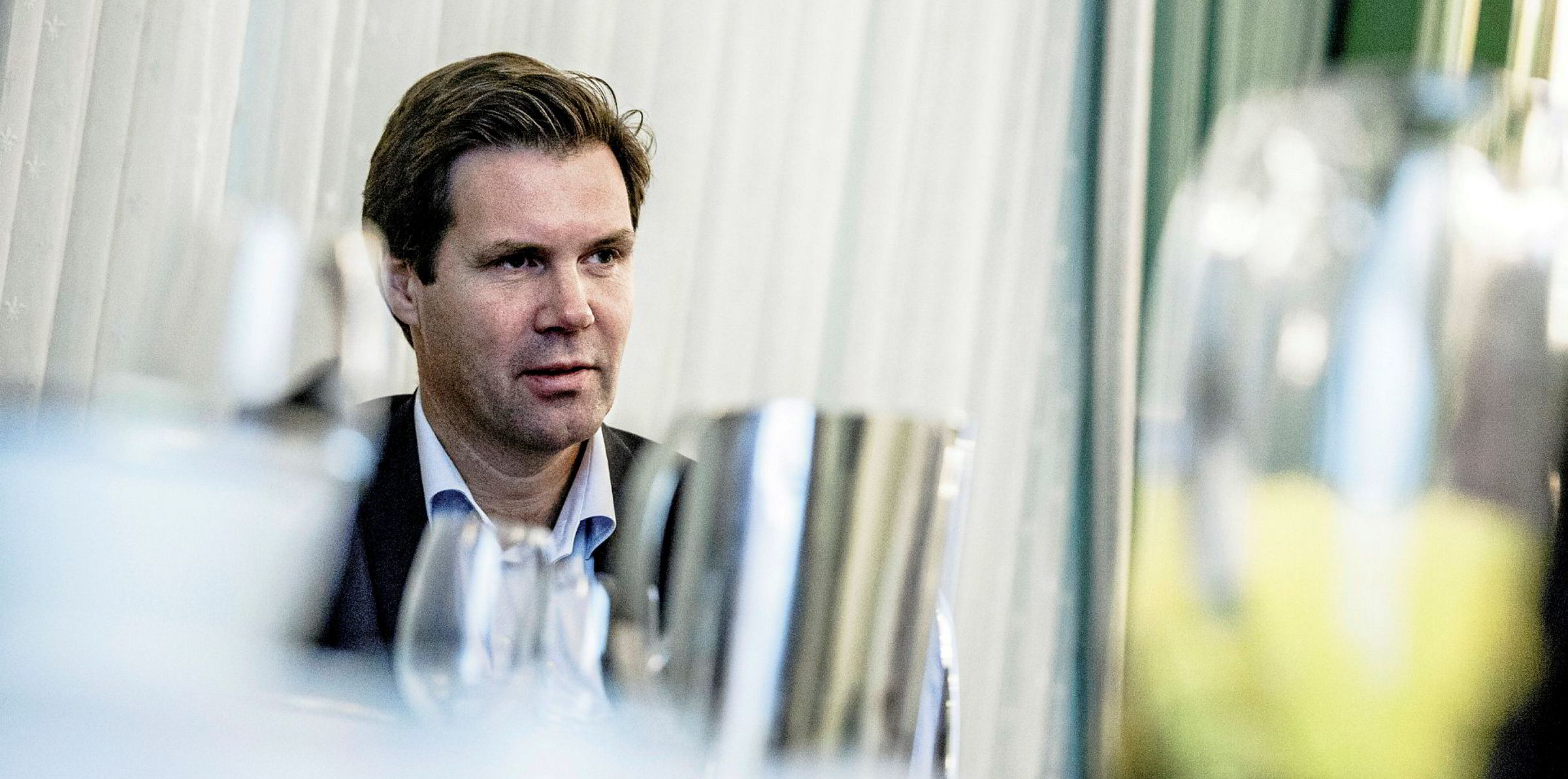Norwegian salmon farmer and whitefish supplier Leroy Seafood Group revealed a disappointing fourth quarter, posting a fall in earnings attributed to volatile salmon prices as well as "unforseen" incidents in its farming segment and a challenging whitefish processing environment.
The group posted a 9 percent drop in earnings before interest, tax, demortization and amortization (EBITDA) for the quarter to NOK 1,031 million (€102.1 million/$110.3 million), reflecting a fall in volumes and a volatile pricing environment and a subsequent 2 percent drop in revenues to NOK 5239 million (€518.7 million/$560.6 million).
"The fourth quarter saw extremely volatile prices for Atlantic salmon, but the underlying development during the quarter and the profit figures have in the main been as expected," said Leroy Group CEO Henning Beltestad.
"Looking back on 2019 as a whole, we experienced several unforeseen incidents in the farming segment that had a negative impact on the harvest volume and, as a result, our cost levels. The onshore industry for whitefish has experienced challenges, while we can report a good development in downstream operations."
The results contribute to a 11 percent decline in EBITDA for the full year, to NOK 3,746 million (€370.9 million/$400.8 million), despite a 3 percent increase in revenues to NOK 20,427 million (€2 billion/$2.2 billion).
Salmon farming volumes fall
During the quarter, the group's farming segment harvested 12 percent less salmon year-on-year at 43,000 metric tons of salmon.
In total, EBIT per kilo for the segment was down 12 percent to NOK 14 (€1.40/$1.50) in the quarter.
"The farming segment was affected by several unforeseen incidents in 2019, which had a negative impact on harvest volume and thereby also cost levels per kilo," said Leroy Group CEO Henning Beltestad. "For 2020 and the following years, we expect the group's investments in smolt to gradually become evident with an increase in volume, which will also help provide a reduction in the group's costs per produced kilo of salmon."
Cod, haddock strengthen wild catch segment...
For the group's wholly-owned whitefish wild-catch subsidiary Leroy Havfisk, catches were up 12 percent in the quarter to 12,949 metric tons, with increases in catches of both cod and haddock, at 7,215 and 1,907 metric tons respectively, and a drop in saithe to 1,595 metric tons. The dominance of higher value species saw an average price increase of 11 percent for Leroy Havfisk.
Prices realized were up 10 percent for cod, 14 percent for haddock and 10 percent for saithe, compared with 2018's fourth quarter.
...But high prices have processing knock-on
However, the group's processing business, Leroy Norway Seafoods (LNWS), saw another challenging quarter, with a high demand for seafood and lower quotas driving high raw material prices for the last several years.
In total, the segment contributed a 22 percent drop in EBIT to NOK 42 million (€4.2 million/$4.5 million) in the fourth quarter contributing to a 25 percent decline for the full year to NOK 293 million (€29 million/$31.4 million).
"2019 was a good year for catches," said Beltedstad. "However, high prices for raw materials represent challenges for the onshore industry in Norway. In recent years, the group has implemented and completed a high number of measures relating to production and marketing, in a move to improve earnings for the onshore industry."
The group expects to start to see the positive results of these measures this year, said Beltestad.
Profits rise in value-added
While revenues were down 3 percent at NOK 4,962 million (€491.2 million/$530.9 million) for Leroy Group's value-added processing segment, operating profit was up 21 percent to NOK 162 million (€16 million/$17.3 million) in the fourth quarter of 2019.
"The VAPS&D segment has reported a positive development throughout the quarter," said Beltestad. "Although some areas remain challenging for the segment, the group has a target to sustain the increase in level of activity and earnings throughout 2020 and the years to come."

